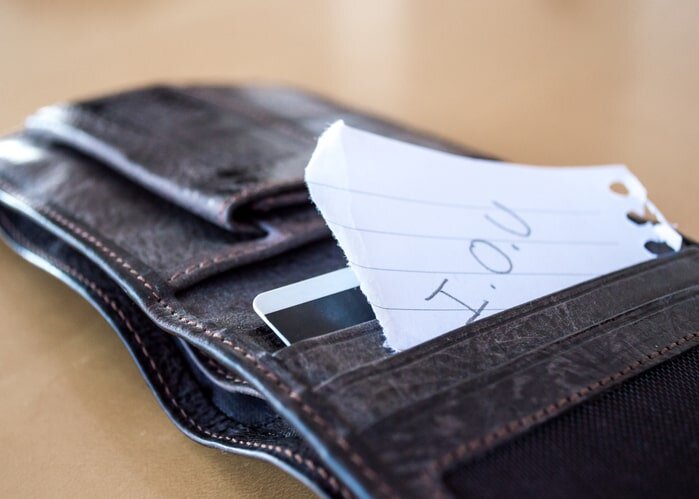Imagine lending your friend $500 to start his artisanal chocolates business. You trust him, but you also remember that time he “forgot” to return your favorite Tupperware. Enter the promissory note—a document that says, “I trust you, but let’s put it in writing.”

What Exactly Is a Promissory Note?
A promissory note is a written promise where one party, the maker (the borrower) agrees to pay a specific sum to another, the payee (the lender) either on demand or at a set future date. Think of it as an IOU with a legal backbone. Unlike casual IOUs scribbled on napkins, promissory notes are formal, enforceable, and often include details like interest rates and repayment schedules. They are also known as real estate notes or most commonly, mortgage notes.
A Brief Stroll Through History
Promissory notes aren’t a modern invention. Ancient civilizations, like the Babylonians, had systems resembling promissory notes. In China, during the Tang dynasty, “flying cash” was used—a precursor to modern-day notes . Even Marco Polo mentioned similar instruments during his travels. So, while your friend’s chocolate venture is new, the concept of documented promises is ancient.
Anatomy of a Promissory Note
A standard promissory note typically includes:
- Principal Amount: The original sum borrowed.
- Interest Rate: Because lending money should come with perks.
- Repayment Schedule: Monthly, quarterly, or when pigs fly.
- Maturity Date: The deadline for full repayment.
- Signatures: Both parties need to sign, preferably with a pen, not a crayon.
These elements ensure clarity and protect both parties. After all, memories fade, but ink on paper endures.
Types of Promissory Notes
- Secured Notes: Backed by collateral, typically a slice of real estate. Or in the case of your friend, if he defaults, you get his prized chocolates.
- Unsecured Notes: No collateral. Riskier, but sometimes necessary.
- Demand Notes: Payable whenever the lender demands. Best not to surprise the borrower at 3 AM.
- Installment Notes: Regular payments over time. Predictable and less stressful.
Why Use One?
Promissory notes are versatile:
- Personal Loans: Lending to friends or family? Keep relationships intact with clear terms.
- Business Transactions: Formalize investments or loans.
- Real Estate Deals: Often used in property financing.
- Student Loans: Because education isn’t free, unfortunately.
They provide legal protection and clarity, reducing misunderstandings and potential disputes.
Legal Considerations
While promissory notes are legally binding, their enforceability depends on proper drafting. Missing details or ambiguous terms can render them void. Also, statutes of limitations vary by state. In Michigan, for instance, the statute of limitations for written contracts, including promissory notes, is six years . Always consult with a legal professional when drafting or signing one.
The Lighter Side
While promissory notes are serious documents, they can also reflect the personalities of the parties involved. Some include quirky clauses or humorous terms—like a bonus payment in chocolates if repaid early. Just ensure the humor doesn’t compromise the clarity or legality of the agreement.
Final Thoughts
Promissory notes blend trust with accountability. They’re the middle ground between a handshake and a courtroom. So, whether you’re funding a friend’s chocolate empire or formalizing a business loan, remember: a promissory note isn’t just a piece of paper—it’s peace of mind.
Note: This article is for informational purposes only and does not constitute legal advice. Always consult with a qualified attorney for legal matters.

